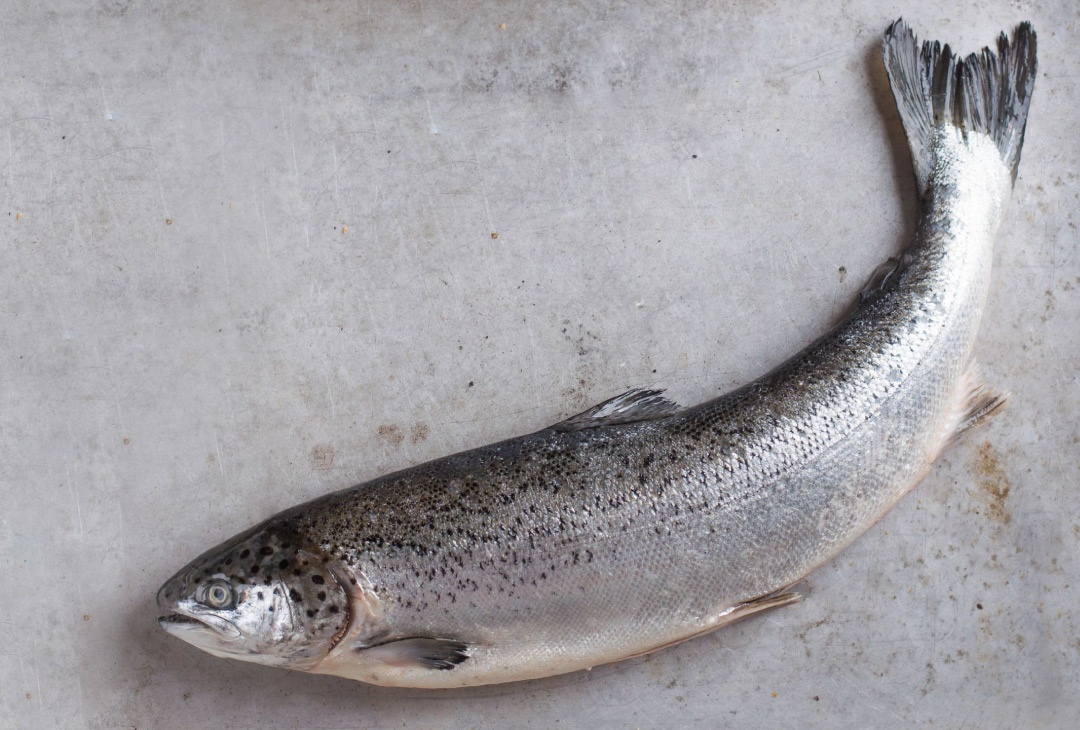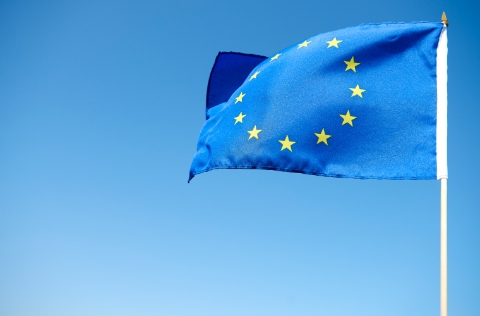
A new study from the University of Aveiro in Portugal is shedding light on innovative ways to make better use of by-products from the fish processing industry-specifically, salmon heads. Published in the scientific journal Marine Drugs, the research shows that what is often discarded as waste is in fact a rich source of lipids with promising applications in the food, nutraceutical, cosmetics, and energy sectors.
The work forms part of the “Fish Matter-from head to tail” project, coordinated by the B2E-Blue Bioeconomy CoLab, which promotes sustainability through blue biotechnology. The research team-João Monteiro, Tiago Sousa, Ricardo Calado, and Rosário Domingues-examined the lipid profile of salmon heads, identifying key health-enhancing compounds such as oleic acid and linoleic acid.
According to the researchers, these fatty acids often various health benefits. Oleic acid, also found in olive oil, is known for helping lower “bad” LDL cholesterol and for its anti-inflammatory properties. Linoleic acid, which the body cannot produce on its own, supports immune function and skin health. Meanwhile, the triglycerides present in salmon heads act as an important energy source and help maintain a healthy lipid balance.
In addition to oil extraction, the study highlights other practical uses for salmon heads. They could be processed into feeds for aquaculture and pharmaceutical products.
Beyond the science, the Fish Matter project aims to cut waste in the seafood industry by promoting a circular economy approach. A Smart Platform for the Valorisation of Blue Bioeconomy By-products is currently under development, designed to link waste producers with processors, technology providers and research networks.
This initiative is part of Portugal’s Blue Bioeconomy Pact, and is funded through the national Recovery and Resilience Plan (PRR). Alongside B2E CoLAB and the University of Aveiro, the consortium includes CIIMAR, IPMA, ISEP, and the University of Minho, further reinforcing Portugal’s position at the forefront of sustainable marine innovation.


